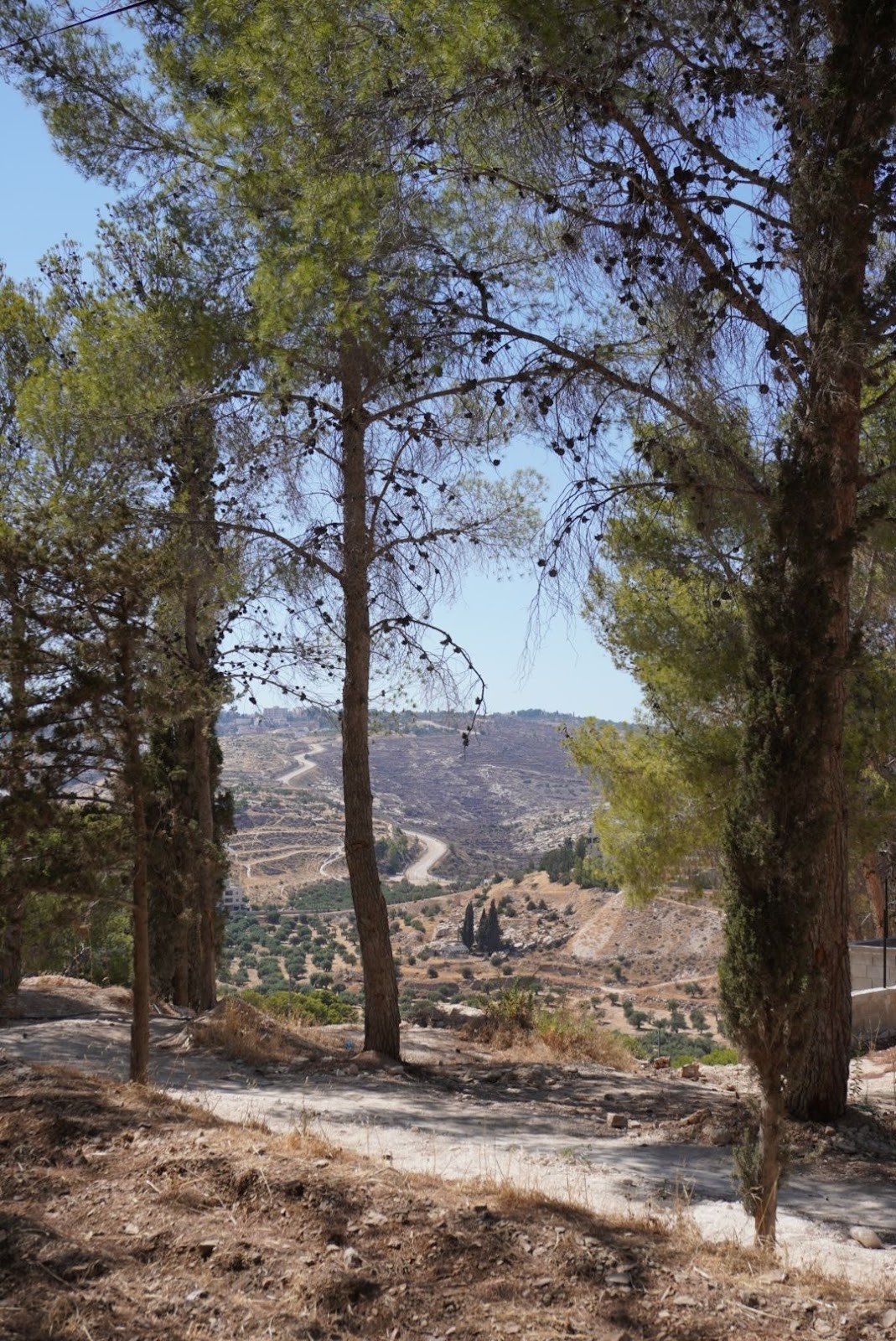Christmas: From Our Vantage Point
I had been here before. 12 years prior, as a married student at Crown. We spent three weeks in the middle of the sweltering summer in this land, walking in “the footsteps of Jesus” as the class was called. On that trip, my husband felt the pull of the Holy Spirit for us to one day live & serve here. This past March that calling came to fruition as we sold everything & landed in the “Holy Land” with 17 bags to our family of five’s name. Anytime we spoke stateside about where we were going, people often would seem starry-eyed as they remarked on the privilege of being where Jesus physically lived on this earth, hence the nickname, Holy Land. Perhaps it is the timing of our arrival, five months after the horrific events of October 7th and five months into the skyrocketing number of needless casualties in Gaza that have amplified this land as feeling quite far from Holy.
However, this land is now where my kids go to school, I buy groceries, and do all the ordinary activities of life. It is also the physical geography of the Christmas story. Now, most Sunday nights as I leave my language class and walk to a church service, I walk right past the citadel that is the only remaining part of Herod’s palace in the old city. This is the palace, where Matthew 2 tells us the wise men would have come. Bethlehem lies six miles south of our home, though, with military checkpoints and roadblocks, it is not an easy place to get in & out of. The last time I visited I marveled at the steep rolling hills and tried to imagine being in my third trimester and traveling those hills. Not your ideal babymoon, for sure!
As one who loves good literature, the importance of the setting & context of a story rings just as true when reading the Bible as it does when reading a good novel. Luke spends seven verses in chapter two of his gospel telling us about the current government situation at the time of Jesus' Birth. Caesar Augustus was in charge of the empire that stretched from modern-day England to Syria and down to Egypt. Augustus, the one who after years of civil war ushered in “peace” with the Pax Romana. Yet peace for whom? We know the reason for the 92-mile journey of pregnant Mary and Joseph is a result of harsh taxation. Herod, the one in charge of the region, used the taxes to maintain his military force, make life comfortable for Rome’s citizens, & also for the many building projects to expand the empire, even “improving” upon the temple, the most important place for the Jews, to make it more Hellenistic. These taxes left most living in the region in poverty. The Jewish people responded in various ways to the rule of the empire, from compromising themselves to get ahead & enjoy comfort as seen in the Sadducees, to violent resistance as seen in the Zealots. To further set the scene, history records Caesar as one who was often worshipped as divine- referred to as the “son of god”. The Pax Romana and his divine status were often spread about as the “good news” of the kingdom… sound familiar?
In this setting, the phrases we read like “good news of great joy for ALL people” (Luke 2:10, emphasis mine), and the prophecy of Jesus as the true “prince of peace” (Isaiah 9:6) should be taken as powerful statements in the context of the time in which they are communicated. The rich themes of the kingdom of God that Jesus brings to us throughout the gospel, good news for captives, freedom for the oppressed, and blessedness for the hungry, all stand in such stark contrast to the kingdom of the period he was born into.
The “upside-down” kingdom of Jesus runs on principles very different from what earthly empires are built upon. He is the King we celebrate as coming to earth during Christmas and he is the King who we watch for to come again. His kingdom is where our citizenship lies. Is it evident in how you live your life? Do you know what the true tenets of the kingdom of Jesus are? We sing the hymn,” O Holy night” for a reminder -
“Behold your King; before Him lowly bend
Truly he taught us to love one another
His law is love and His Gospel is Peace
Chains shall he break, for the slave is our brother
And in his name, all oppression shall cease. “
I said at the beginning that this land feels far from holy. Fear sometimes feels as though it physically ripples through the air and violence has soaked deep into the sand and stones. Of the 9 million people who live in this land, Merely 1.9 percent of the population claims to follow the kingdom of Jesus, making them a minority. Of that 1.9 percent, 75 percent are Palestinian believers, many of whom reside in the beloved places of our Christmas story like Bethlehem & Nazareth. Conditions you find in the birth narrative such as poverty can be found amongst many there today as a result of war and oppression. Meanwhile, In the United States, we just elected a new leader. The minds of many are on the effect of rulers, leaders, empires, kingdoms & governments. May Christmas remind us of the humble king who came, the beautiful way in which his kingdom is governed, and the peace-bringing reality for our souls - that he is a king who is coming again.
Lastly, may the words of scripture speak loudest:
All You have made will praise you, O Lord; Your saints will extol you. They will tell of the glory of Your Kingdom and speak of Your might, so that all men may know of Your glorious acts and the glorious splendor of Your Kingdom. Your Kingdom is everlasting, and Your dominion endures through all generations” (Psalm 145: 10 –13 NIV)
CAC International Worker

